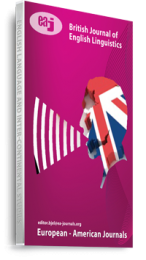This paper addresses the issue of how people derive relational/grammatical knowledge of language from experience of language instances. The argument of the paper is framed through discussion of Hume’s theory of human understanding. Hume classified human knowledge into two kinds: relations of ideas and matters of fact, and the knowledge of language is also viewed from this theoretical perspective. Chomsky’s theory of linguistic competence is nothing but the knowledge of the relations of ideas intended to express in the process of communication through conventional language forms. The relations of ideas are verbalized and conventionalized in a particular language as the grammar or language structures. The native speaker’s knowledge of these relations of ideas derives from his experience of instances of language in use. The mechanisms of the mental operation of transformation from knowledge of language instances to knowledge of grammatical conventions reflecting the relations of ideas in communication are cause and effect, and similarity.
Keywords: Cause And Effect, Hume, Language Acquisition, Language Instance, Relations Of Ideas, Similarity

